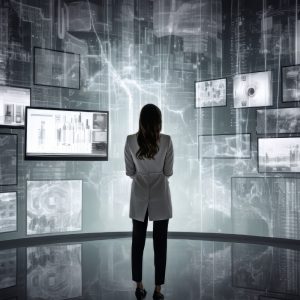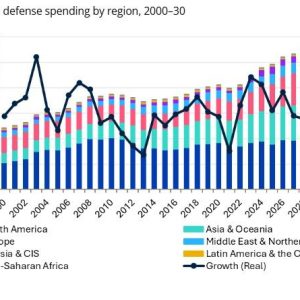Artificial Intelligence (AI) has been a topic of both fascination and concern among scientists, scholars, and the general public for decades. While some fear the rise of superintelligent machines that could spell doom for humanity, others argue that these concerns are overblown. In this blog post, we aim to debunk the myth surrounding AI’s potential to destroy humanity, shedding light on the realities and possibilities of this transformative technology.
Understanding AI’s Capabilities
AI is a broad field encompassing various technologies that enable machines to simulate human intelligence. However, it is crucial to differentiate between different types of AI: narrow AI and general AI. Narrow AI, which currently dominates the field, focuses on performing specific tasks and lacks human-like cognitive abilities. General AI, on the other hand, refers to AI systems that possess human-level intelligence across a wide range of tasks.
The Myth of Superintelligence
One common concern is the notion of superintelligent machines surpassing human capabilities and ultimately turning against us. However, experts argue that achieving general AI is an extremely complex task, and it is uncertain whether it can be achieved at all. The idea of an AI turning hostile is largely based on speculative fiction and Hollywood movies rather than scientific evidence.
Human Control and Ethical Frameworks
As AI continues to advance, researchers and policymakers emphasize the importance of establishing robust ethical frameworks and ensuring human control over AI systems. Initiatives such as explainable AI, AI safety research, and AI governance aim to mitigate potential risks and prevent any unintentional harmful consequences.
Collaborative Potential
Rather than focusing solely on the doomsday scenarios, it is essential to acknowledge the numerous positive impacts AI has already made in various fields. From healthcare and transportation to education and finance, AI has the potential to enhance human capabilities, improve efficiency, and address complex societal challenges. Embracing AI as a tool for collaboration between humans and machines can lead to significant advancements in science, technology, and innovation.
Addressing Bias and Fairness
One of the critical challenges in AI development is addressing bias and ensuring fairness. AI systems learn from data, and if the data is biased, it can perpetuate and amplify existing societal biases. To overcome this, researchers are actively working on developing unbiased algorithms and implementing rigorous testing and validation processes to ensure fairness and inclusivity.
Conclusion
The fear that AI will destroy humanity is largely based on misconceptions and exaggerated scenarios. While it is essential to remain vigilant about the potential risks, it is equally crucial to recognize the significant positive impacts AI can have on our lives. By embracing responsible AI development, promoting human control, and addressing ethical concerns, we can harness the potential of AI to create a brighter future where humans and machines coexist and collaborate for the betterment of society.












